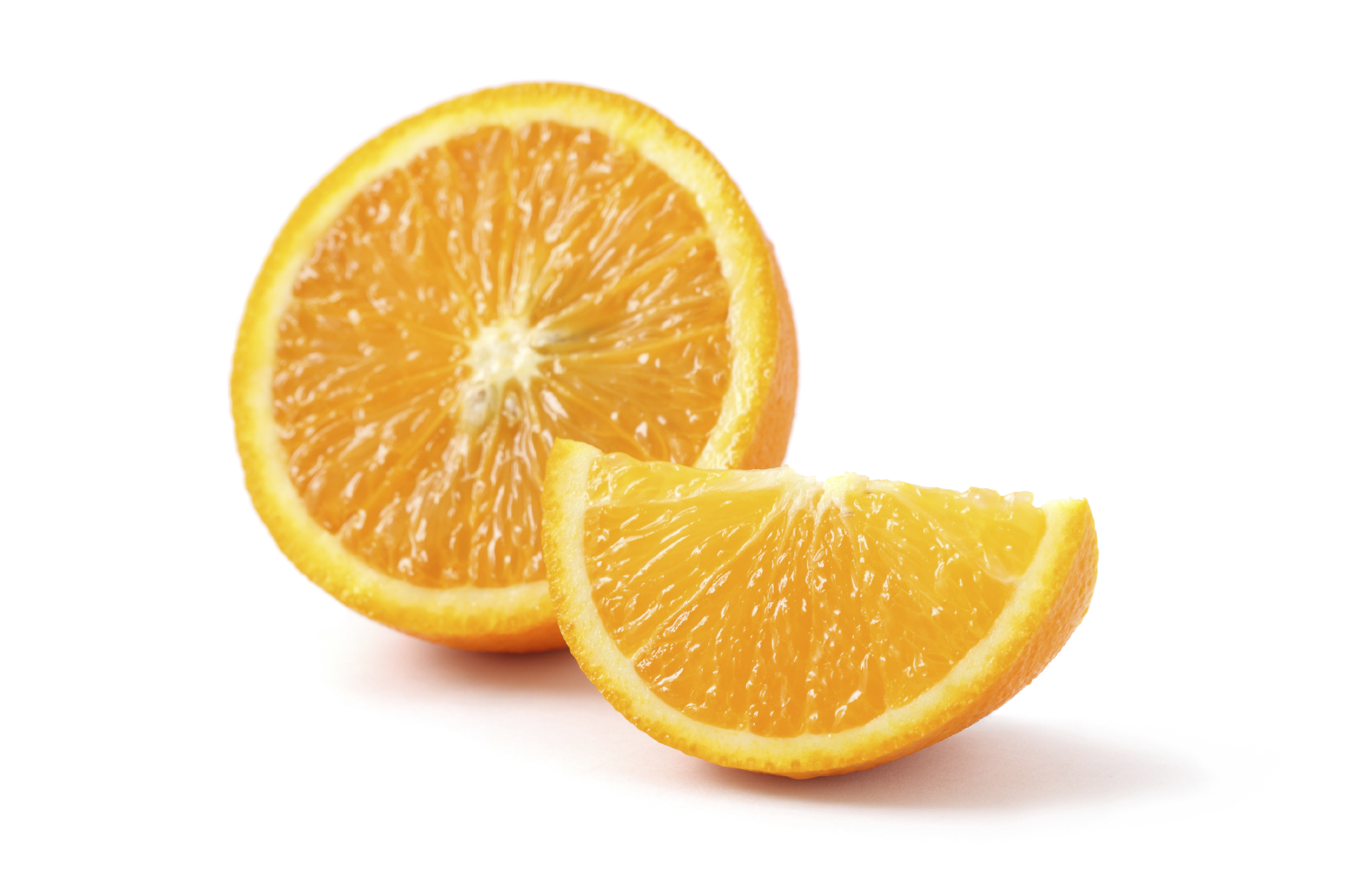Earlier this week we told you about a new study claiming whole grains help you live longer. They say eating them can lower your risk of dying from heart disease by 9%. But grains cause inflammation. It can lead to deadly ailments like cancer… And even heart disease.
You can do better. Here are five foods that are better than grains—even the “healthy” ones.
1. Spaghetti Squash: This yellow vegetable may give you a little less fiber than grain… One cup of squash provides 2.2 grams.1 A cup of pasta provides 3 grams.2 But this veggie doesn’t cause inflammation. It’s also rich in omega-3 fatty acids. On top of the fiber, these can also help prevent heart disease and inflammation.3
Try swapping traditional spaghetti with spaghetti squash. And toss in some steamed or raw veggies. This will add even more fiber—and nutrition—to each bite.
2. Green Beans: The myth is that whole grains are a great source of fiber. But you can get double the fiber of a piece of multigrain toast from a serving with green beans. This makes them better for lowering blood sugar levels in diabetics.4 And eating just two servings of green beans can help reduce your risk of stroke by 7%.5
They also provide a good amount of iron.6 This mineral helps your blood carry oxygen throughout your body.7 Your organs—including your heart—could fail if you have a deficiency.
Eating green beans raw or gently steamed is the best way to go. Try them with lemon juice. It’ll help your body absorb the iron.
3. Oranges: You might not eat it with dinner. But it makes a great breakfast. This juicy fruit is famous for vitamin C. Just one contains twice the amount experts recommended you get each day.8 It supports your immune system by fighting inflammation and free radical damage. Without it, your risk for sickness and infection goes up. But it has another compound that whole grains are missing…
Choline. It also helps reduce chronic inflammation.9 It may also help your brain function better. And don’t forget phytochemicals… An orange has more than 170 of them. These compounds fight cancer by preventing inflammation and oxidative stress.10
According to the USDA, A small orange has about 2.3 grams of fiber. A serving of oatmeal has 4 grams. But an orange also has less than half the amount of inflammatory carbs. Grab one on the go in place of oatmeal—or a multigrain bagel—for breakfast. You won’t feel terrible after eating it—and you’ll have more energy.
4. Brussels Sprouts: These little green bites are rich in protein.11 It builds muscle and curbs hunger. This helps you lose fat. Experts say grains are a good source of protein. Yet serving of these sprouts gives you about the same amount of protein as a slice of wholegrain bread…and almost double the fiber.12 But that’s not the only difference…
Glucosinolate is another powerful component in them. Research shows it prevents a variety of cancers. These include breast, colon, and lung cancers.13 It also plays a huge part in preventing inflammation—and fighting heart problems.14
Replace rice with a side of Brussels sprouts. Serving them tossed in some grass-fed butter makes them even more savory and satisfying.
5. Kale: It has half the carbs of a slice of wholegrain bread. Not to mention almost a full extra gram of fiber. This leafy vegetable is also rich in potassium. It’s a mineral your heart needs to work at its best. But less than 2% of American adults are getting enough of it.15
A single serving of kale contains 329 mg.16 Research suggests high intakes can reduce your stroke risk.17 One study found eating 4,069 mg of potassium each day lowered the risk of dying from heart disease by 49%.18
Potassium also has anti-inflammatory effects. So do the more than 45 different flavonoids you’ll find in kale.19 They all prevent oxidative stress. This keeps your cells functioning correctly. Try switching out a wholegrain wrap for a kale wrap with your lunch tomorrow.
Skip the multigrain crackers and whole grain bread… There are plenty of fruits and vegetables that will give you just as much fiber as grains. And they come with more impressive nutritional benefits. Most important of all, they won’t cause inflammation. It’s an easy switch to make for protecting your heart—and keeping cancer at bay.
Like this Article? Forward this article here or Share on Facebook.
References:
1http://healthyeating.sfgate.com/spaghetti-squash-calories-nutrients-1883.html
2http://nutritiondata.self.com/facts/cereal-grains-and-pasta/5798/2
3http://www.newhealthguide.org/Spaghetti-Squash-Nutrition.html
4http://www.medicalnewstoday.com/articles/272782.php
5http://stroke.ahajournals.org/content/early/2013/03/27/STROKEAHA.111.000151.abstract
6http://www.medicalnewstoday.com/articles/285753.php
7http://healthyeating.sfgate.com/can-string-beans-body-6482.html
8http://www.medicalnewstoday.com/articles/272782.php
9Ibid
10Ib.
11www.medicalnewstoday.com/articles/284765.php
12http://www.livestrong.com/article/464972-protein-whole-grain-bread/
13ttp://www.healthdiaries.com/eatthis/11-health-benefits-of-brussels-sprouts.html
14Ibid
15http://www.todaysdietitian.com/newarchives/121112p50.shtml
16http://www.medicalnewstoday.com/articles/270435.php
17http://www.todaysdietitian.com/newarchives/121112p50.shtml
18Ibid
19http://www.whfoods.com/genpage.php?tname=foodspice&dbid=38

